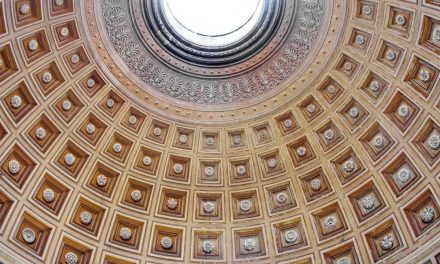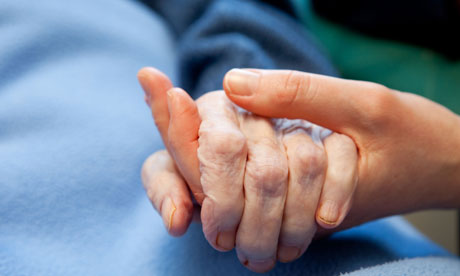Tomorrow is one of my favorite feasts of the whole liturgical year: that which celebrates the Archangels Michael, Gabriel, and Raphael. (Raphael, in the opinion of this bioethicist at least, has one of the best monikers of all time: “the Medicine of God.”) In my view we don’t think and speak nearly enough about angels; about the idea that divine, spiritual powers are all around us, working on our behalf and especially on behalf of of the most vulnerable. Our modern lenses shield us from their reality, but for most of human history we knew that such spiritual powers existed. The secular West would do well, I think, to open itself to the possibility that there is something to consider beyond mere matter in motion.
But there is another important reason to think and speak about angels, and, perhaps strangely enough, it has to do with the dignity of the human person. This is an essential and central concept in moral theology, no doubt, but without seeing human dignity in context of the rest of the universe we will end up with a skewed perspective. My engagement with Peter Singer has led me to conclude that his critique of the sanctity of life ethic as “speciesist” is onto something very important. It isn’t in light of our membership in a biological species that gives us moral status and value (and Singer is right to call out those who focus on this and this alone), but it is rather the kind of metaphysical things that we are: substances of a rational and relational nature.
Of course, we share that same nature with angels. Indeed, thinkers like Thomas Aquinas and Pseudo-
So if persons–those with rational and relational natures–exist on a hierarchical scale (as opposed to seeing personhood as “all or nothing” category), then is it is possible that there are other, non-human organisms who are also rational and relational substances? Given the amazing capabilities of elephants, primates, dolphins, whales, and other animals, the answer is not obviously in the negative. The Church’s wonderfully rich tradition on non-human entities like angels, valuable and important on its own terms, can create the conceptual space necessary for opening our moral universe beyond the species Homo sapiens. And this paradigm shift is absolutely essential as we try to come to terms with how non-human animals are treated in a culture which understands them as little more than products to be grown, sold, eaten, and experimented-upon–often without a second thought for their interests and dignity.
So perhaps thinking more about angels makes it easier to think more about non-human animals. And perhaps this is an overlooked implication of the proximity of the Feast of Archangels (September 29th) to the “Blessing of the Animals”, traditionally done on the Feast of St. Francis (October 4th).




Charles Camosy, I’d like to better understand what you mean by “rational and relational natures.” Clarifying what we mean by this might help us determine whether or not various non-human animals have the relevant natures. Maybe it would help to approach my question with some related ones:
(a) What is it about the rational and relational nature that makes it so normatively significant? Why does moral significance attach to rational and relational nature rather than than simply rationality and relationships?
(b) Would it be possible to construct a robot with a rational and relational nature? If not, why not? If it would be possible, what features would we have to build into it?
(c) Does it make sense to speak of rational and relational natures coming in degrees? Are some natures more rational and relational than others? If so, how might such degrees interact with the moral norms?